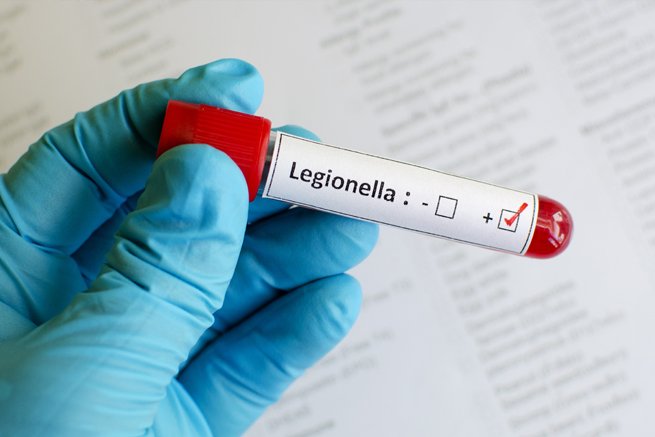Advanced Water
A company overview
EnquiriesThe HSE’s Approved Code of Practice (ACOP L8), requires a written down legionella risk assessment for all commercial buildings with a water supply and employing 5 or more people. If you are the person on whom this statutory duty falls, you are required to have ‘access to competent help in assessing the risks’. This involves the engagement of an external water consultant to produce a risk assessment which should:
These factors reduce efficiency, put your system at risk, shorten plant life, create costly down time and waste energy, chemicals and water charges. Spray booth systems are also excellent breeding grounds for many types of biological growth. Left untreated, bacterial and fungal slimes can lead to high risks from Legionnaires’ disease and booth odour problems.

Call our experienced team on:
At Advanced Water Technologies we want to keep you informed and we want to make sure that you have access to all the information you need. You can view all of our accreditations, find out about our services and view important links and legislation information. You can also call or email us by visiting our contact us page.
Our professional legionella risk assessment and integrated management programmes take a holistic approach to the control and management of legionella and other waterborne pathogens that may exist in your water systems. Each comprehensive programme is developed as a working tool on an individual site-specific basis, to help evaluate and reduce health related risks arising from water systems, and to ensure that you are regulatory compliant.
A legionella risk assessment involves a trained AWT engineer visiting your premises and making an objective assessment of the water system’s potential to be colonised by Legionella bacteria and the various factors favourable for their continued growth – these include temperature, nutrients, aerosol creation, personnel and potential for water stagnation.
Our legionella risk assessment programmes have been developed in accordance with current recommended practices and guidelines on the control of legionella from the UK’s the Health and Safety Executive (HSE) L8, the US Occupational Safety and Health Administration (OHSA); Center for Disease Control and Prevention (CDC) and the American Society of Heating, Refrigeration, and Air Conditioning Engineers (ASHRAE).
A legionella written control scheme would be created as an all inclusive process as outlined within the HSE's technical guidance (HSG274), covering legionella risk management, its documentation, measures and controls. When combined, these allow for the management of risks relating to legionella bacteria to be assesed as an ongoing managed process for water systems over a period of sustained time.
© Advanced Water Technologies